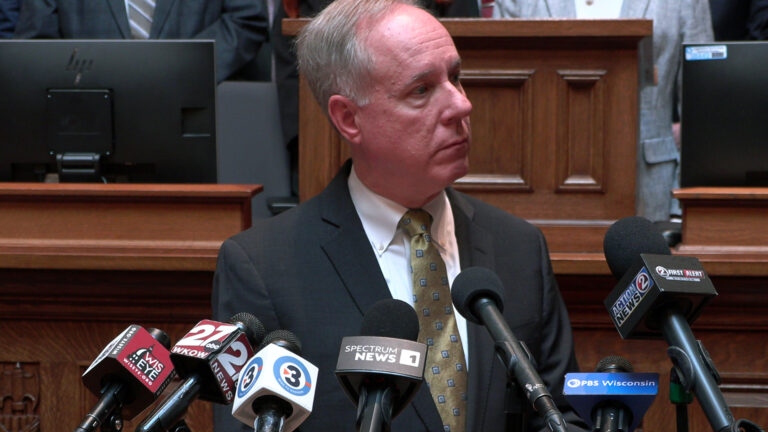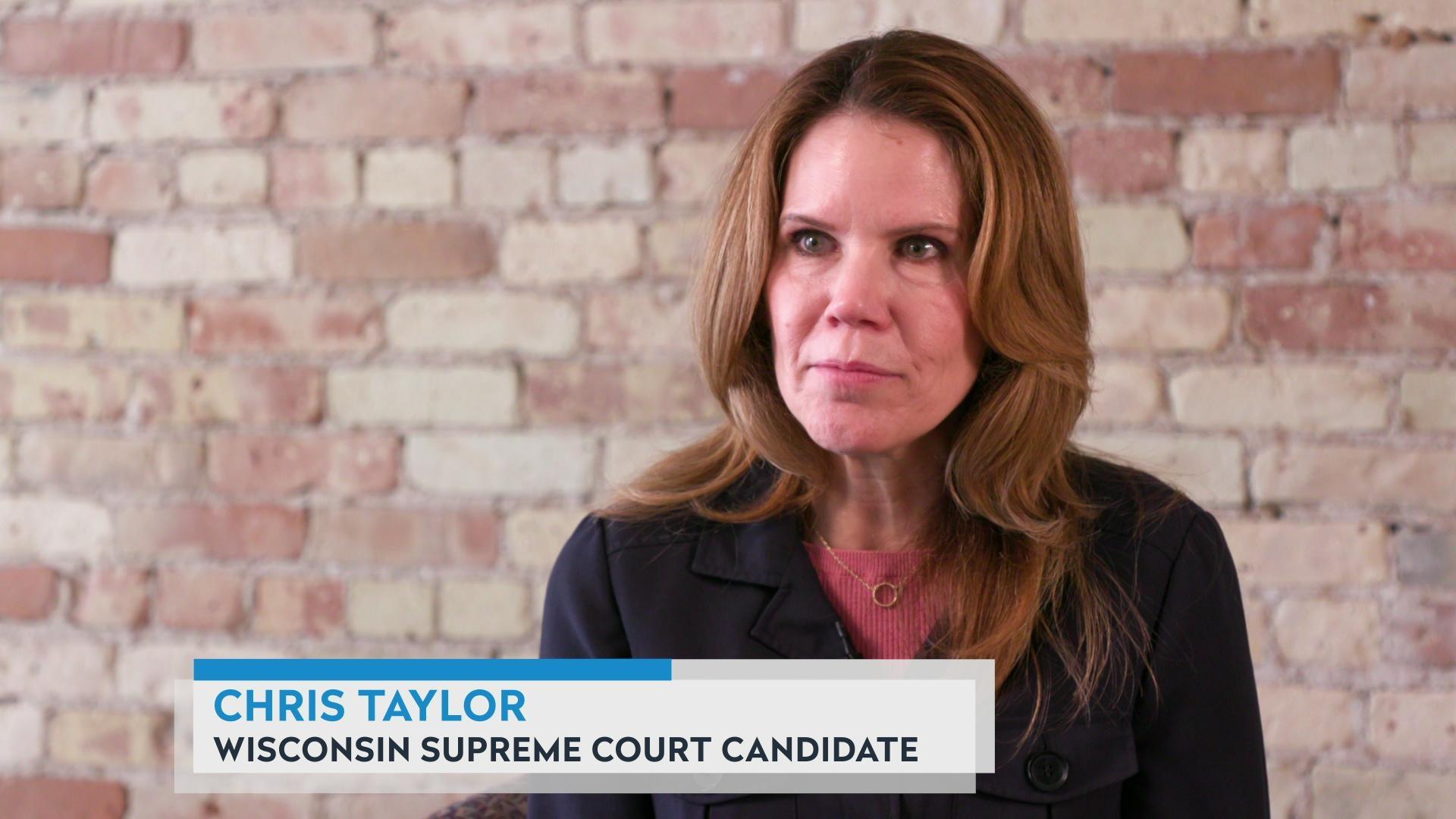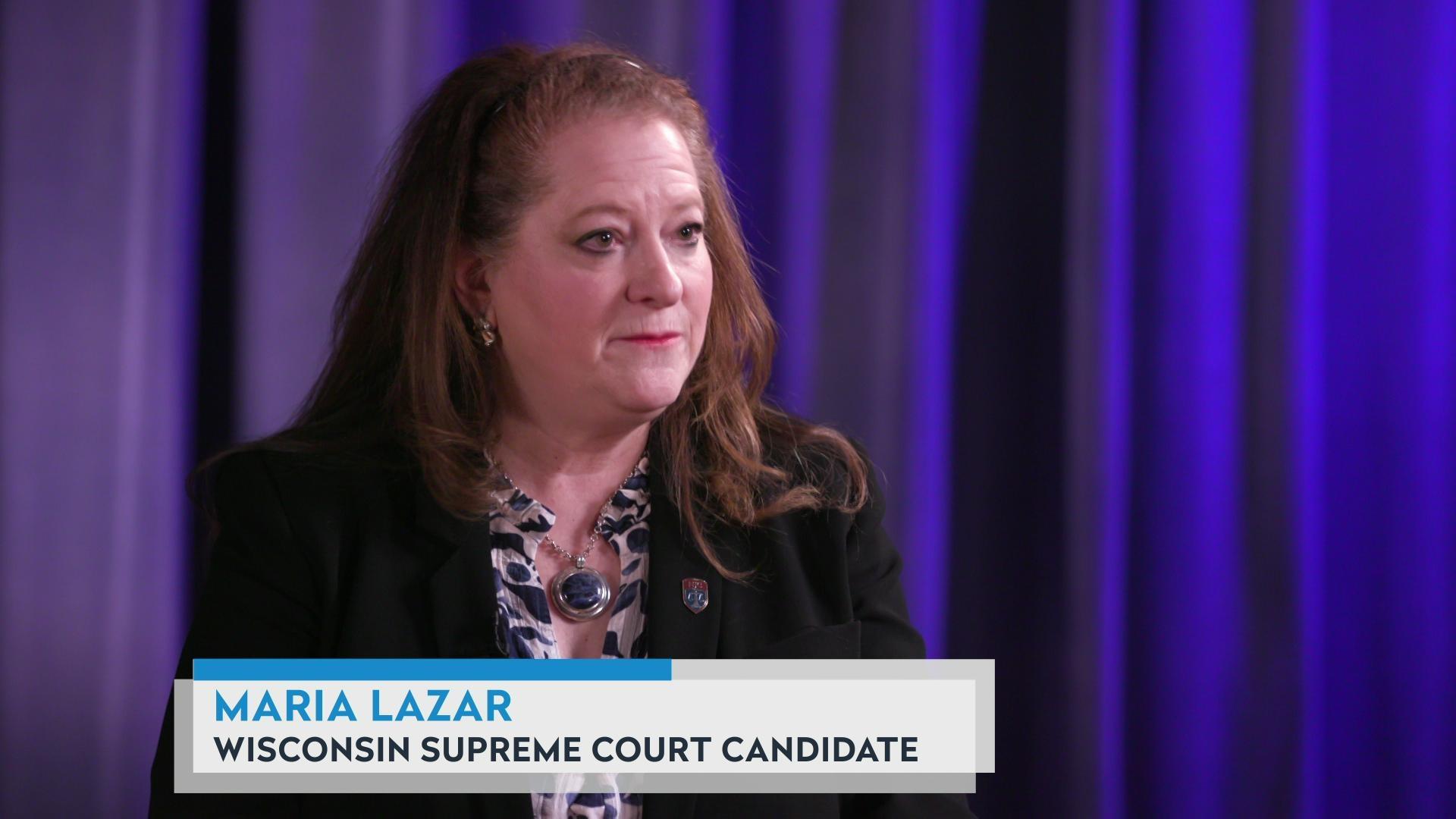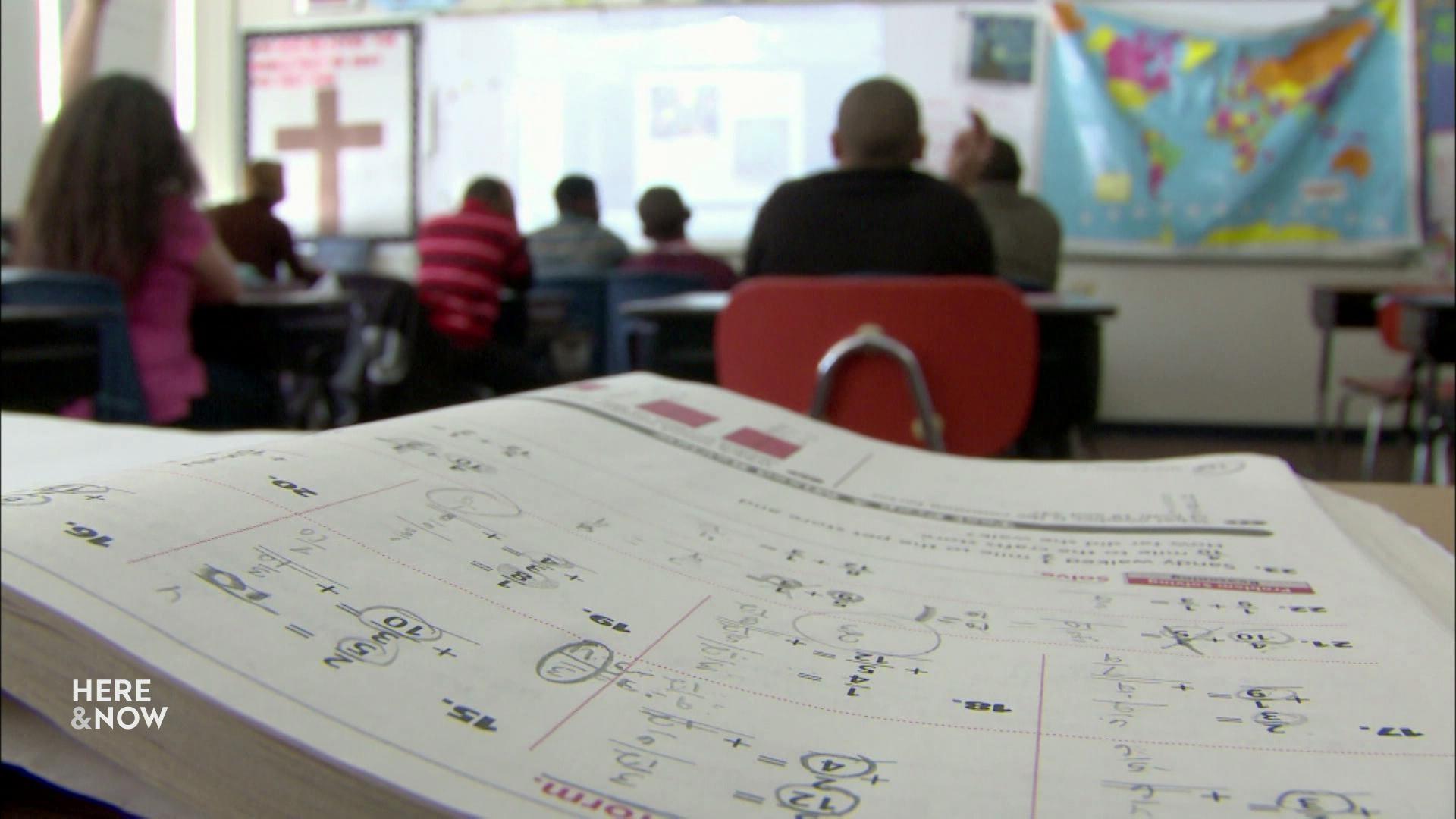Charles Franklin on interplay between polls, public opinion
Marquette Law School Poll Director Charles Franklin describes the relationship between polling and positions of voters about candidates and issues, particularly in the tumultuous 2024 election cycle.
By Marisa Wojcik | Here & Now
October 2, 2024
VIDEO TRANSCRIPT
Marisa Wojcik:
Are there some negative consequences to kind of over-reporting polls?
Charles Franklin:
Yeah, there are a couple of ways that that works. It is true that in very close elections we tend to have higher turnout, and the polling usually reflects that that's going to be a close election. When it shows a relative blowout, there is the potential for demobilizing people or, I think in 2016, for people who may have voted for a third-party candidate when if they thought the race was going to be very close might have voted for one of the major parties. So, I do think there's some effect of that. On the other hand, politicians tell both sides of the story. If they're leading by a lot, they insist that that will discourage their people from turning out because they don't need me. But if they're trailing by a lot, they say, "Well, that's it. That's discouraging my people and they won't turn out." Both of these stories are self-serving to say, you know, it'll either boost turnout for the leading candidate or it'll undercut turnout for the leading candidate. The research is generally that really big margins tend to be overstated. So if a poll shows somebody up by 10 or 15 points, they're quite likely to win, but by less than that. But when we're in the more narrow band of maybe a six point margin either way, I don't think there's a systematic underreporting one way or another. If people are looking for the polls to determine whether they should vote, then that is an argument for, you know, turn out only if the race is close enough. I don't think there's a lot of that, but there's certainly the potential for it. And there is always the potential for voters to give too much credence to what the polls are saying. Maybe that's the salutary effect of 2016. We learned that the polls can be wrong, so don't let that decide whether you're going to vote or not.
Marisa Wojcik:
It can feel like there's horse race polling, and how do we get value?
Charles Franklin:
If you're interested and want to follow the polls, I would really recommend going to one of the sites that aggregates all the polls. So realclearpolitics.com is one of those, fivethirtyeight.com is another. And their advantage is that on the pages for their polling results, they'll show you all of the polls in that race, with the most recent near the top. And so you can just skim down that and see who's ahead and by how much. And is there sort of a consensus there, or are the results all over the map? Or are they at consensus that it's really close? I think you can get a lot out of that without any kind of fancy statistics or deep knowledge of polling. And both of those sites will give you a handy average at the top of the page if you don't want to do that. I think the averages are decent ways of following the race, but I think it's also helpful to look at the last 10 or so polls and see if they're pretty much agreeing with each other or not. Also, both of those sites will plot the trend over time so you can see how is the race changing since, say, Biden dropped out.
Marisa Wojcik:
Big breaking news can have a big effect on public opinion, whereas normally it's rather steady over time.
Charles Franklin:
Well, we've really just gone through exactly that, the biggest change during an election ever — 2024 looked like it was just a rerun of 2020 with the same characters, the same script, the same gag lines. And then suddenly Joe Biden has a terrible debate and drops out and then a new candidate steps in, so those changes have had big effects on public opinion. After seeing a really steady, roughly two point Trump lead since last October until June 27, the date of the debate, we saw Biden slip to being behind by about four points or so, and then he drops out and Harris immediately gains about a percentage point, and she's been gaining steadily since then while Trump has declined a little bit but has mostly been flat. So, those kinds of changes have had big impacts on public opinion and the shape of the race. They've changed how people see Harris rather than Biden, though interestingly, they haven't changed which issues people say are important or which candidate they think is going to be better on those issues. So, some things changed a lot, some less. As for me personally, I have rewritten so many survey questionnaires this year and this summer, especially on the last night I can make changes before we start interviewing. The Wisconsin Elections Commission just decided to keep Robert Kennedy on the ballot, so I had to adjust the survey to make sure that he was still included on the ballot question since he'll be on our ballot, even though he has suspended his campaign. When Biden dropped out, I had to hurry to rewrite the questionnaire for Harris rather than for Biden. So, it's been a fun time for me that way.
Marisa Wojcik:
Have you ever seen an election year like this before?
Charles Franklin:
No, we've never had a candidate drop out. In other ways, it's been a very non-dynamic election. Trump was a bit challenged in the Republican primaries, but pretty rapidly established his dominance there. Biden never drew a really serious challenger, even though only half of Democrats told us they wanted Biden to win. That's sort of, I think, the stage setting for him dropping out, is the party was OK taking him, but there wasn't really strong support there. And when his weakness showed in the debate, that really upended his candidacy. But earlier election years, we've had much more wild and dynamic primary seasons, sometimes in both parties, sometimes extending all the way into the summer with uncertainty about who would finally get the nomination. So, in that way, we have seen more conventionally exciting campaign years. But for unprecedented change with a candidate dropping out, this is certainly at the top of the list. And, for Harris entering as late as she did without having faced any primary challenges is also certainly something brand new.
 Passport
Passport











Follow Us